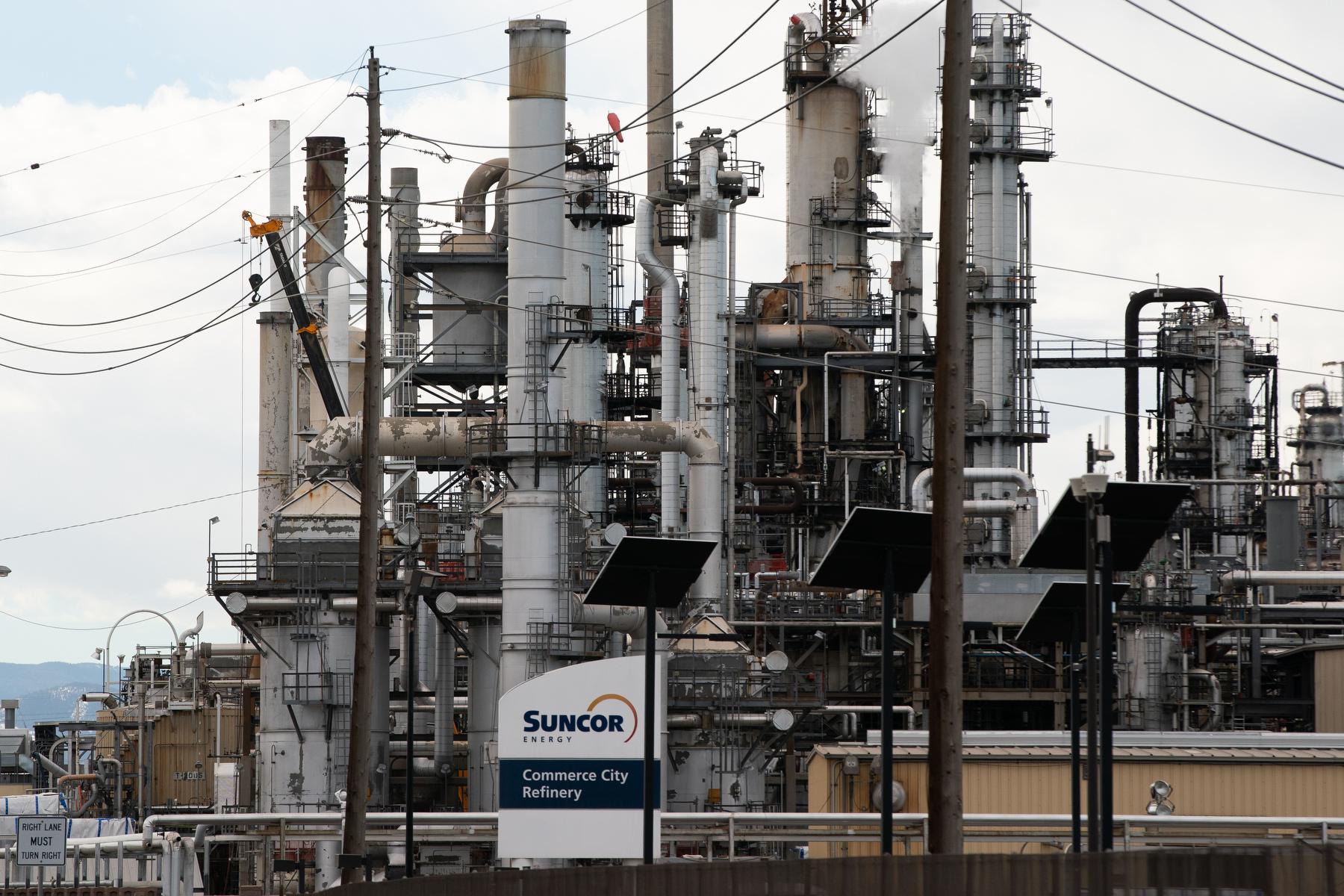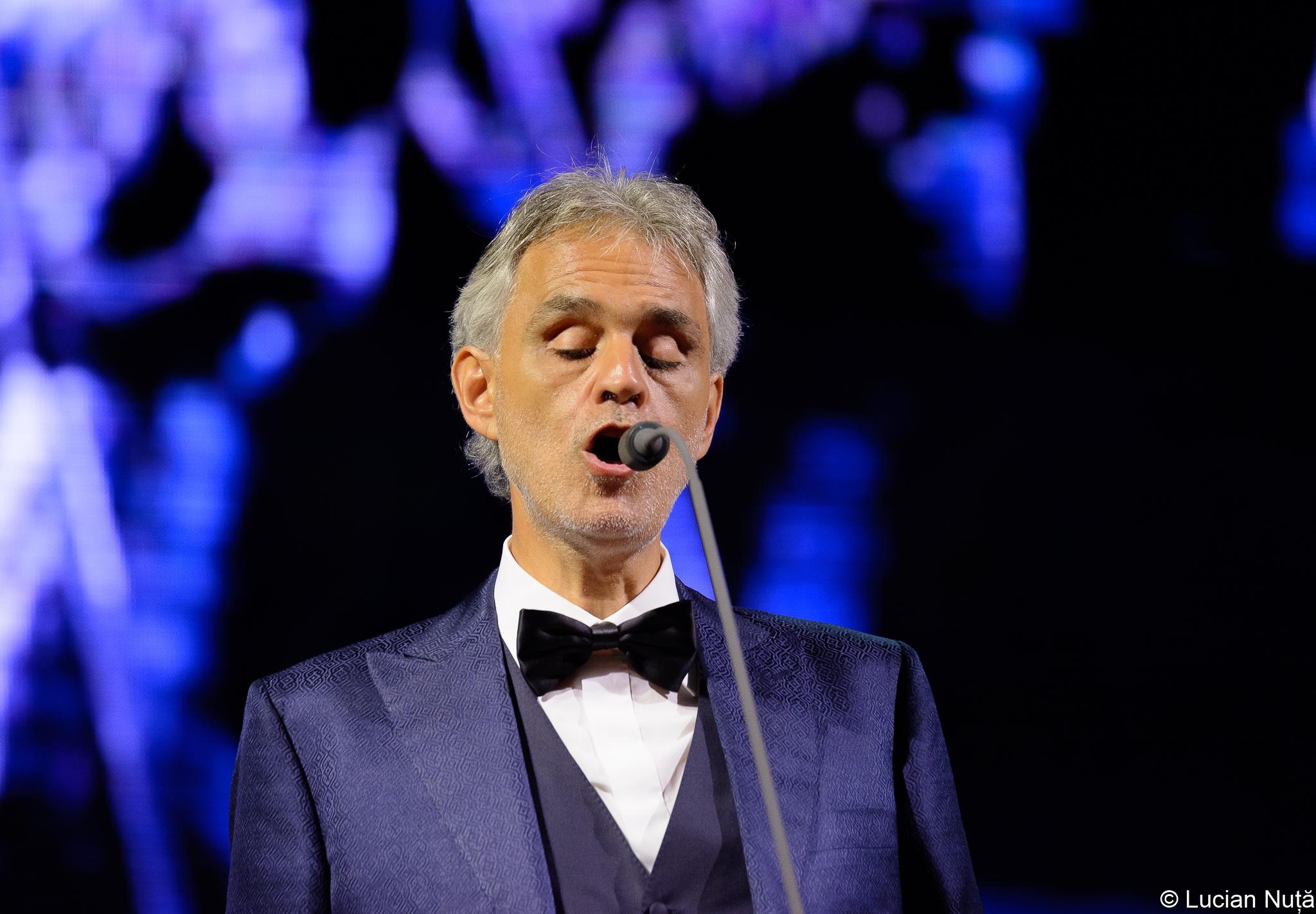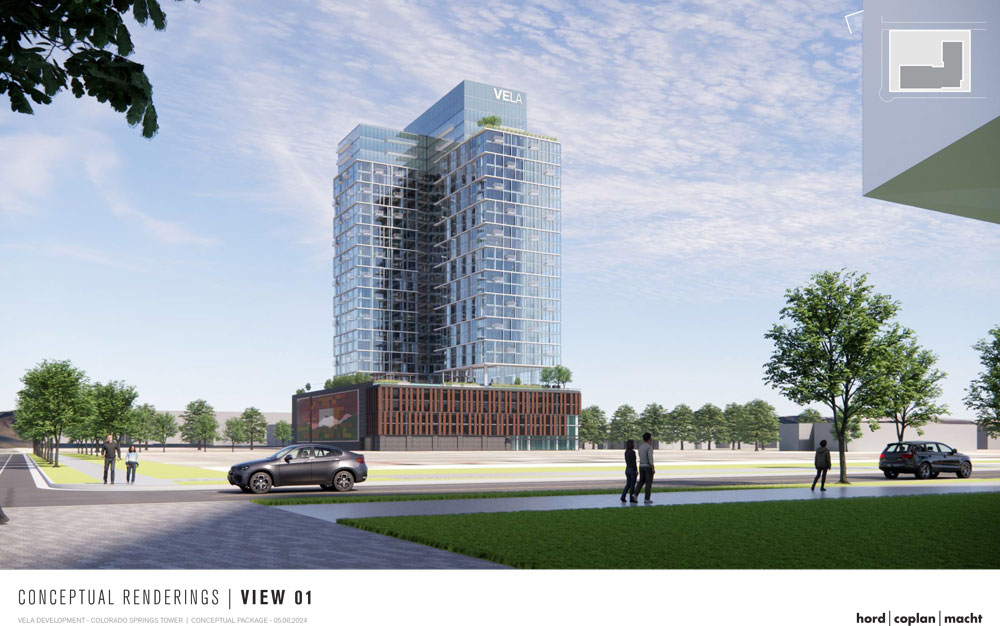The Colorado National Monument is celebrating it's 100th birthday thisyear. And for many in the Grand Valley, the best present would be a newtitle – national park. But the change is hardly is hardly a done deal.
_____________________
The Colorado National Monument looms large – literally – in the lives ofpeople out here. Just stepping out onto the porch of Tom Kleinschnitz'cottage gives you a sense of that. Look across the little front yardnorth of Grand Junction and through bare winter trees, red cliffs make acurtain across the western horizon.
KLEINSCHNITZ: "The Monument ridgeline is right in front of me and theColorado River is right in front of the Monument. So sometimes,particularly on winter mornings, you've got this foggy haze that comesup and then you've got the light shining into the red rocks there. It'sjust... it's neat to live here."
Kleinschnitz works as a river guide. But plenty of the travelers whofloat past the Monument’s sandstone monoliths and canyons have neverheard of the park. Even when they see signs for it, they still have noidea what it is.
KLEINSCHNITZ: "The word National Monument is very confusing to thepublic in general ...It's very hard for them to sort out what aparticular management area is and why it's designated that way."
That's a concern a lot of people here share. They worry Grand Junctionis losing tourists – and tourist dollars – because of the Monument'sgeneric-sounding name.
ANZELMO: "So many of our visitors tell us, 'Gosh, we thought there waslike a roadside stone marker to the history of Colorado. I had no ideathere was like a little mini grand canyon here.'"
Joan Anzelmo is Superintendent of the Colorado National Monument. Shesays just having National Park in the name would help with a lot of thatconfusion. And it could get the area on the radar of the tourcompanies who organize National Park bus trips.
ANZELMO: "Just by literally the name being a national park it would drawmore visibility, more tourism circuit promotion. And so we think itwould be an exponential increase over a number of years."
Being a National Park is a status symbol, but Anzelmo says it wouldn’tmean many concrete changes from how the 20-thousand acre Monument isprotected and managed now. National Parks, Monuments, Recreation Areas,Historic Sites -- they’re all the same in the eyes of the Park Service.
ANZELMO: "Right now today, the same laws apply here at Colorado NationalMonument as around the corner at Canyonlands and Arches NationalParks."
Conservationists out here first pushed for this land to be a NationalPark more than a century ago. Only Congress has that power, andCongress just didn’t get around to it. So in 1911, President WilliamHoward Taft designated this area a National Monument instead. Therehave been periodic campaigns for park status ever since. And now, inits 100th year as a Monument, some boosters are hoping they've found anew champion in Senator Mark Udall.
UDALL: "I also want to make it clear that we’re at the early stages ofthe process and we shouldn’t kid ourselves about the work ahead."
Last week Udall held a public meeting in Grand Junction on the parkproposal. Hundreds of people turned out, many to voice support the ideaand its possible economic benefits, others with concerns about the fullimplications of the change. Would businesses in the Grand Valley haveto meet higher air quality standards? Would the park try to expand intonearby conservation areas? Some, like Bill Wagner, warned that moretourism could come at a price for locals.
WAGNER: "If you use it now as a biker, it’s going to be negativelyimpacted. If you use the Monument as a hiker, you’re going to benegatively impacted. If you use the Monument for spiritual purposes,you’re going to be negatively impacted by the numbers that thisdesignation will bring."
Two of the big players in the Grand Valley -- the Grand Junction AreaChamber of Commerce and the regional business organization Club 20 --haven’t taken a position on the National Park proposal, yet. After themeeting, Chamber of Commerce president Diane Schwenke said she wants tomake sure groups like hers have a lot of say in anything that happens.
SCHWENKE: "We want to be able to address whatever issues there are outthere up front. We don’t want unintended consequences that could hamperour quality of life or our ability to grow other aspects of theeconomy."
Senator Udall said he’s not done hearing from the public as he considerswhether to lobby his fellow members of Congress for the designationchange.
UDALL: "I think this makes sense to move forward with the process, withmore listening sessions and with asking for additional input."
That process could take years … Congress doesn’t move quickly oncreating new National Parks. But people here don’t give up easilyeither -- after all, they’ve been chasing park status for more than acentury.









